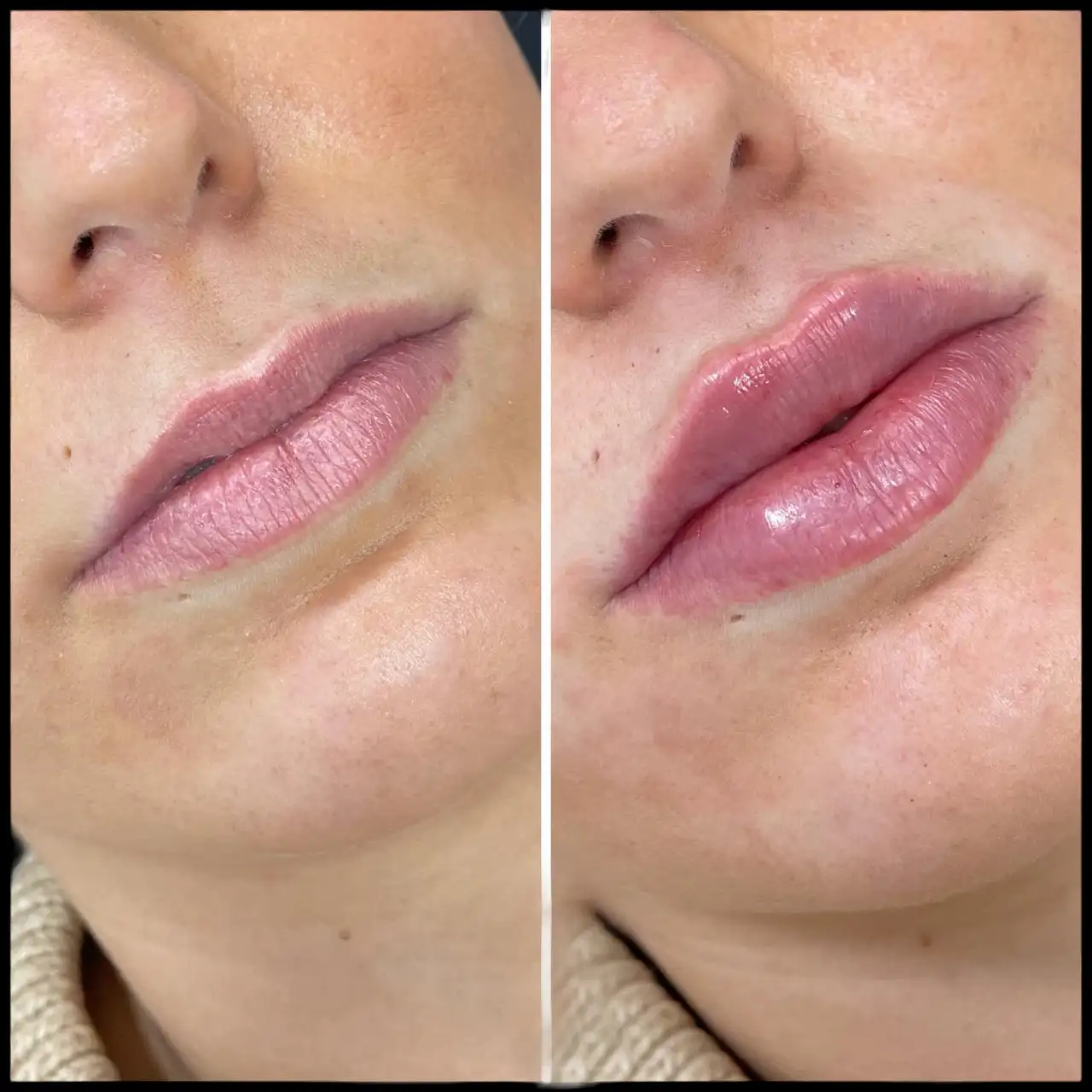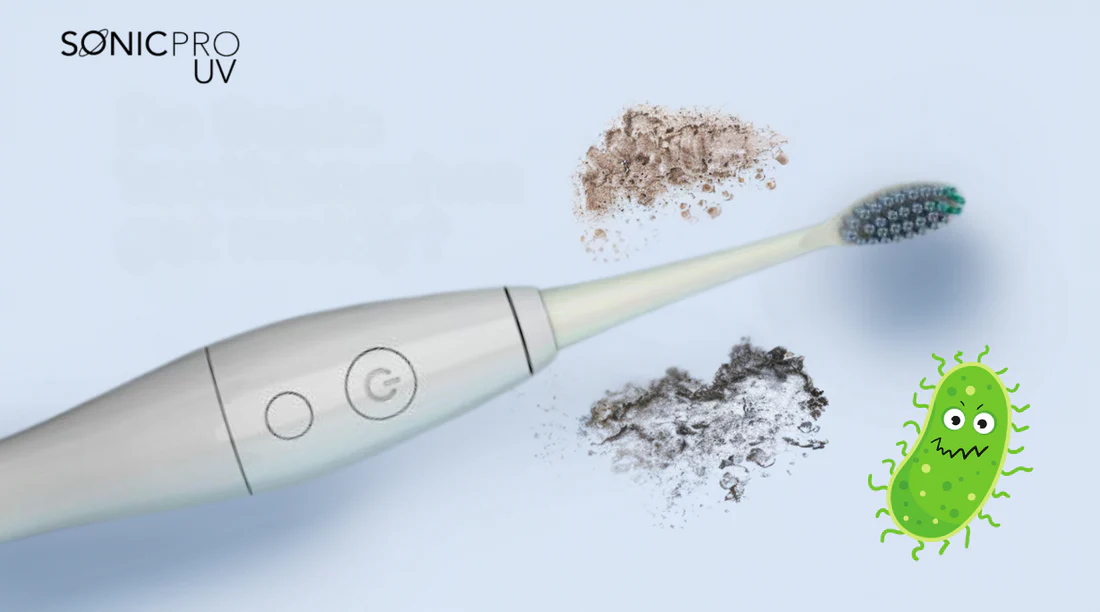Post-Traumatic Stress Disorder (PTSD) is a mental health condition triggered by traumatic events. It affects millions of people worldwide, ranging from military veterans to survivors of accidents, natural disasters, and violence. Treatment for PTSD often involves a combination of psychotherapy and medication. While therapy is essential for addressing the underlying trauma, medications can be pivotal in managing the symptoms of PTSD, such as anxiety, depression, and hyperarousal. This article explores the role of medication in treating PTSD and how it complements therapeutic interventions.
The Science Behind PTSD: Why Medication May Be Necessary
PTSD affects the brain’s regulation of stress responses, particularly involving neurotransmitters like serotonin, norepinephrine, and dopamine. This dysregulation can lead to hypervigilance, emotional numbness, nightmares, and flashbacks. Medication targets these chemical imbalances, reducing the severity of symptoms. For many individuals, addressing these chemical disturbances is a critical component of treatment, allowing them to better engage in therapy and daily life.
Types of Medications Commonly Used in PTSD Treatment
1. Selective Serotonin Reuptake Inhibitors (SSRIs)
SSRIs are often considered the first line of pharmacological treatment for PTSD. These medications, such as sertraline and paroxetine, work by increasing serotonin levels in the brain, helping to regulate mood and anxiety. Research has shown that SSRIs can reduce the frequency of flashbacks, intrusive thoughts, and emotional numbness.
2. Serotonin-Norepinephrine Reuptake Inhibitors (SNRIs)
SNRIs, such as venlafaxine, not only affect serotonin but also influence norepinephrine. This dual action can help patients manage the emotional and physical symptoms of PTSD, like anxiety and chronic hyperarousal. SNRIs are particularly effective in treating the depressive symptoms associated with PTSD.
3. Benzodiazepines
Benzodiazepines, such as diazepam and lorazepam, are sometimes prescribed for short-term relief of severe anxiety or insomnia in PTSD patients. However, they are generally not recommended for long-term use due to the risk of dependence and withdrawal symptoms. While effective for acute symptom management, these medications must be used cautiously.
4. Prazosin
Prazosin, originally used to treat high blood pressure, has been found to help with PTSD-related nightmares. By blocking the effects of norepinephrine, prazosin reduces hyperarousal during sleep, leading to fewer night terrors and improved sleep quality.
5. Antipsychotic Medications
For individuals with severe PTSD, particularly those who experience dissociation or psychosis-like symptoms, antipsychotic medications like risperidone may be prescribed. These medications can help manage extreme mood swings, intrusive thoughts, and emotional detachment, although they are not commonly used as a primary treatment.
How Medications Complement Psychotherapy
Medications play a supportive role in PTSD treatments by managing symptoms that may otherwise impede progress in therapy. For example, someone struggling with debilitating anxiety might find it difficult to fully engage in trauma-focused cognitive-behavioral therapy (CBT) or exposure therapy. By stabilizing mood and reducing hyperarousal, medications can make it easier for individuals to participate in therapeutic interventions, ultimately leading to better long-term outcomes.
The Importance of Tailoring Medication to Individual Needs
Not all PTSD patients respond to medications in the same way, and finding the right medication or combination of medications often requires careful trial and adjustment. Factors such as the severity of the symptoms, co-occurring mental health conditions, and potential side effects must be considered. Healthcare providers typically start with the lowest effective dose, gradually adjusting as needed. Close monitoring is essential to ensure that medications are both safe and effective.
Medication Side Effects and Considerations
While medications can significantly reduce Emotional Freedom Technique symptoms, they are not without risks. Common side effects of SSRIs and SNRIs include nausea, fatigue, and sexual dysfunction. Benzodiazepines carry a risk of dependence, especially when used over an extended period. Additionally, not all medications work for every patient, and some may require a combination of drugs to achieve symptom relief. This highlights the need for ongoing medical supervision and an individualized approach to treatment.
Can Medication Alone Treat PTSD?
Although medication can alleviate the symptoms of PTSD, it is rarely sufficient as a standalone treatment. Medications do not address the root cause of PTSD—the traumatic memories and experiences that lead to the disorder. For long-term healing, therapy, particularly trauma-focused approaches, is essential. Cognitive-behavioral therapy (CBT), Eye Movement Desensitization and Reprocessing (EMDR), and other trauma-specific therapies aim to process and resolve the underlying trauma, helping individuals build resilience and recovery.
Balancing Medication with Lifestyle Changes
While medication can be effective in managing PTSD symptoms, incorporating healthy lifestyle habits is equally important. Physical activity, proper nutrition, mindfulness practices, and social support can complement the benefits of medication. These practices can help improve mood regulation, reduce stress, and enhance overall well-being. In some cases, individuals may find that as their coping strategies and therapy progress, their need for medication decreases over time.
Emerging Medications and Future Prospects
The field of PTSD treatment is continually evolving, with research focused on finding more effective medications with fewer side effects. Some of the emerging treatments include medications that target different neurotransmitters, such as glutamate and GABA, or even novel approaches like the use of psychedelic-assisted therapy under clinical supervision. These cutting-edge treatments hold promise for individuals who have not responded to traditional medications.
Conclusion: Medication as a Tool in a Broader Treatment Plan
Medication plays a crucial role in managing PTSD, especially for those dealing with intense anxiety, depression, and sleep disturbances. However, it is most effective when used as part of a comprehensive treatment plan that includes therapy, lifestyle changes, and ongoing medical support. Finding the right balance between medication and psychotherapy can empower individuals to take control of their symptoms and work toward long-term recovery.




